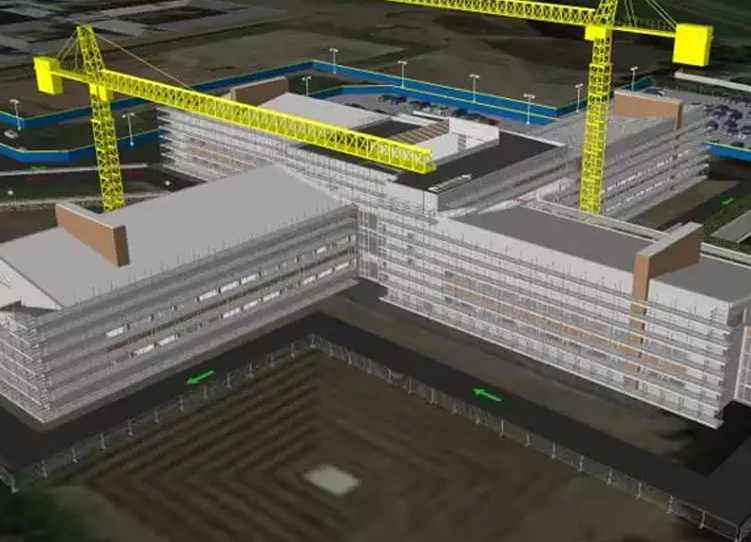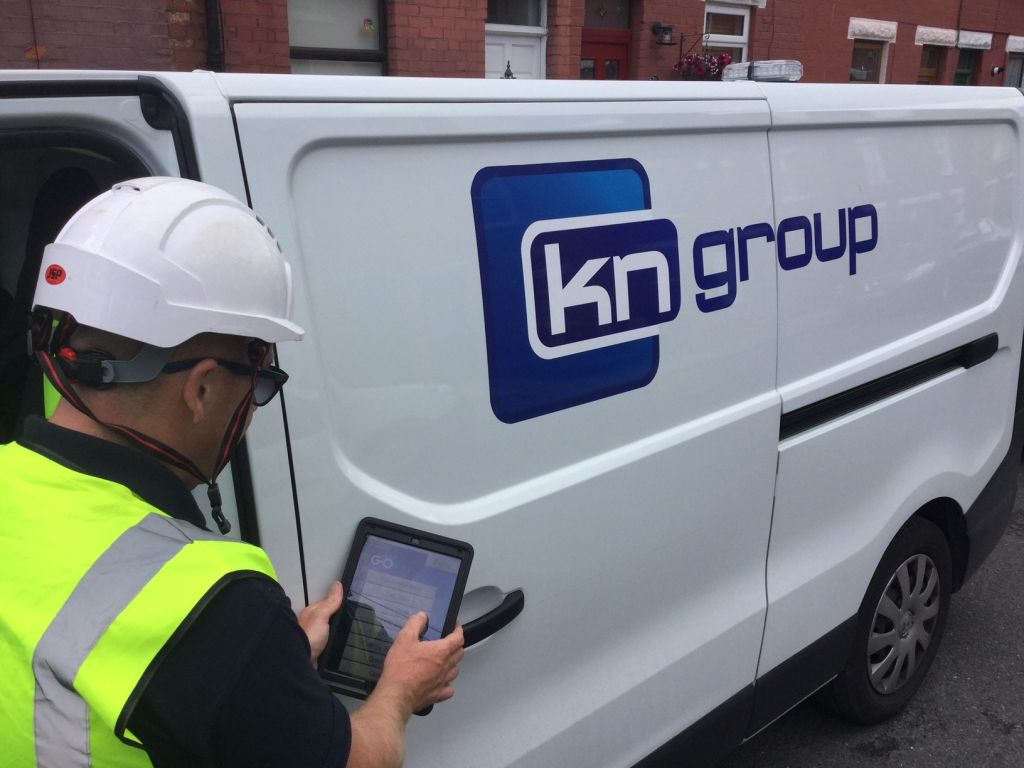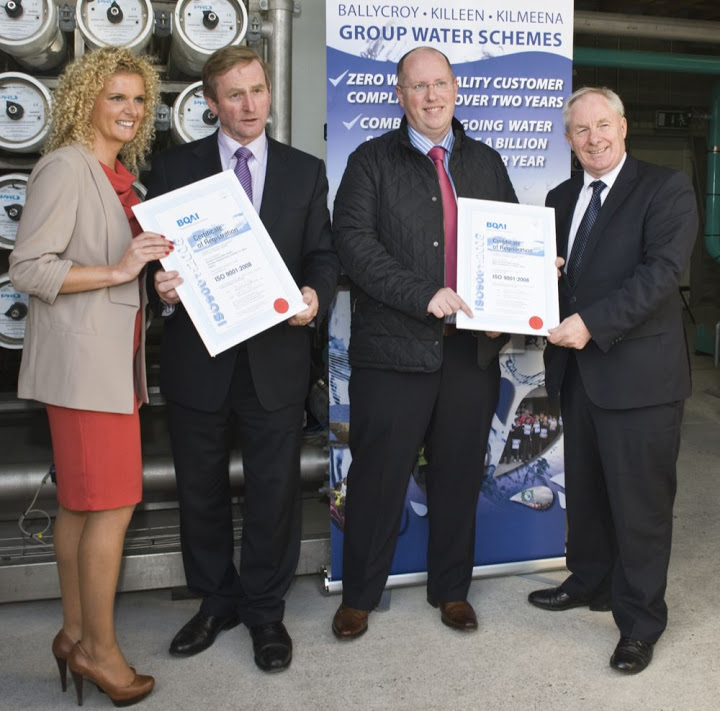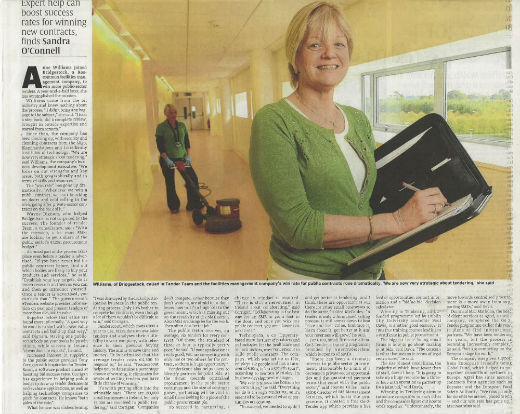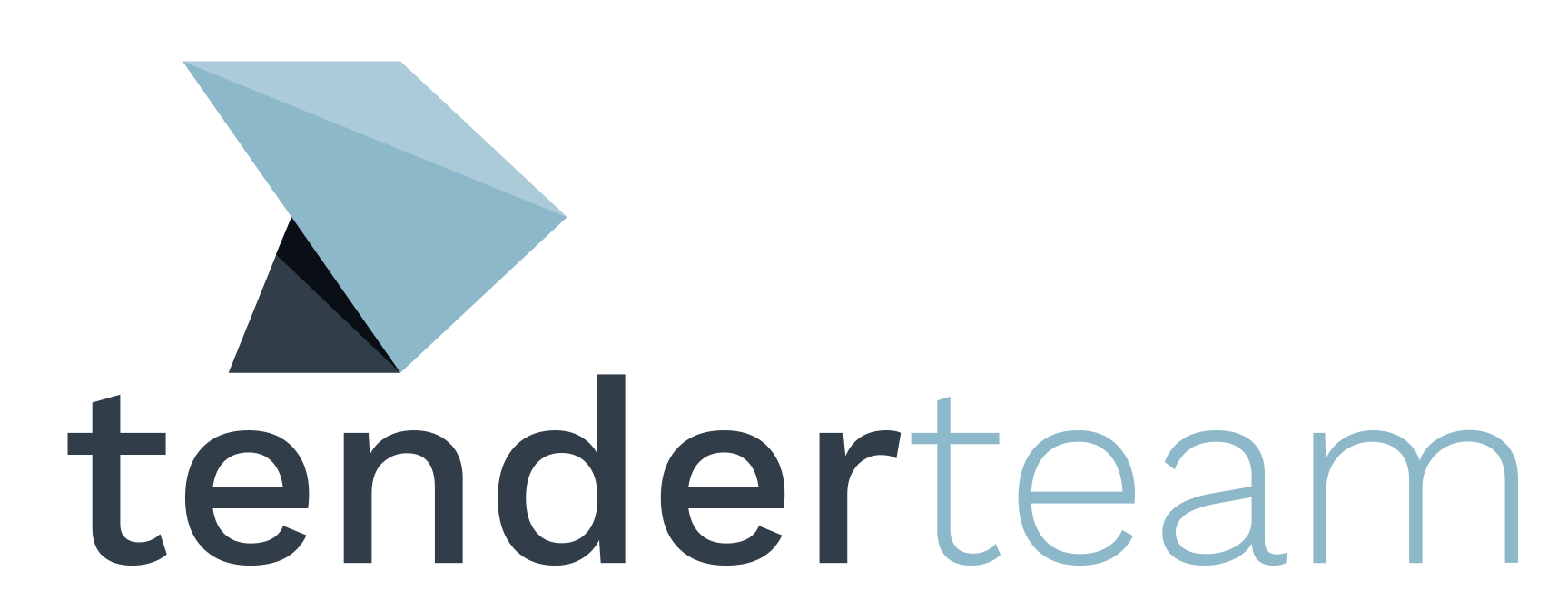Date: 24th, September 2010 Author: Wayne Dignam
Over the years, the lives of many people have changed dramatically as a result of 12- Step Programs like that which form the foundation of Alcoholics Anonymous.
The success of these programs led me to look up the steps to see if they—or some variation of them—could be applied to breaking the addiction to bad habits that some fledgling proposal companies have.
At their core, 12-Step Programs seek to represent the human experience in three dimensions: physical, mental, and spiritual. For purposes of this article, we will replace the spiritual dimension with a dimension that we will call “professional,” referring to our growth as professionals in proposal development.
Before going further, let me be clear about one thing: this article is not intended to make light of the 12 Steps. So let us look at 12 Steps for living with the proposal development profession.
Step 1. Admit that you are powerless—that your proposal process has become unmanageable.
Accept your inability to control every aspect of the proposal development process. Every opportunity has factors that are well beyond the control of the proposal manager or contributors. First, our potential customers sometimes delay RFPs or deliver them early with surprises embedded in them (“Hey, that requirement was not in the Draft RFP!”). Sometimes, the delays and surprises work for you, but often they work against you.
Internal issues arise during every proposal effort. For example, a key Subject Matter Expert (SME) may be out of the country, a server may go down unexpectedly, or maybe you have conflicting information from two or more sources. Then there is my favourite: a senior manager decides that his/her review is essential even as you are packing the proposal into boxes to go to the customer. The point is that living the proposal life can be like riding an angry bull: you never know which way you will be jerked next. Admitting that you are powerless moves you one step closer towards sanity and serenity.
Step 2. Believe that a power greater than you can restore you to sanity.
Once you accept that you are powerless, you need to believe that a higher power can help you. That “higher power” could be Tender Team. Maybe you would prefer to hang your hat on the processes purported by a consultant with a proven track record. The point is to believe that there is a better way and that following that path will lead to sanity.
Step 3. Make a decision to turn your process over to a higher power.
No one is advocating the burning of incense while chanting in a dark corner of your office, but you do need to let go and “Feel the Force.” Relying on something bigger than yourself is a positive step, not an admission of personal inadequacy or failure. Think of this step as making a decision to implement a methodology that has been proven time after time by other people. Since every business is different, you can fine-tune specific practices to suit the needs of your organization, but make a firm commitment to the process you decide on.
Step 4. Make a searching and fearless assessment of your proposal process.
Being fearless is key to improvement. You may have to give up some portions of the process that do not work, but with which you are comfortable. Be brave and dig deep. Do you really have a good way to analyze an RFP, or are you simply parsing pieces to give to authors? Do you really need to print in-house, or are you being a control freak? Question everything.
Step 5. Admit to management, yourself, and your staff the exact nature of your process errors.
If you think you have process problems, do not sweep that fact under the rug. Come to terms with the causes of the problems, and take pride in being able to deal with them in a positive manner. People will respect and admire you for having the forthrightness to admit errors and come up with solutions.
Step 6. Be entirely willing to remove all defects in your process.
Get out of your comfort zone, and be ruthless regarding defects in your process. If one way is not working, try another. Complacency leads to repeated failure, and that means you will lose business repeatedly. By embracing the idea that defects cannot be allowed to stand, you will be empowered to take big steps toward winning more business.
Step 7. Humbly revisit your process’ shortcomings on a continuous basis.
Best-selling author and lecturer Tom Peters once said: “If it ain’t broke, break it!” Every process can be improved if you poke at it long enough and find the fractures. Nearly two decades ago, many of us embraced a program called Total Quality Management (TQM) to identify ways of improving processes on a continuous basis. We actually looked for ways to cause a process failure so we could eliminate the failure point. While you rarely hear of TQM these days, it had some very good aspects to it. They are very similar to what we now see at the heart of newer models, including the BDCMM. Make it a part of your routine to continuously review your processes to see if they can be broken.
Step 8. Make a list of all proposals lost, and be willing to correct process mistakes made in them.
It is easy to rationalize losses: “We did not have enough time,” “Engineering was too busy to contribute much to the proposal,” and so on. But if you do an honest assessment of why you lost, you may find something that can be done differently the next time to improve the outcome. Simply trying harder while expecting a different result is, as they say, the definition of insanity.
Step 9. Make direct improvements to your process wherever possible, except when to do so would make it untenable.
Look at what must be changed, and get on with it! Do not be satisfied with watered-down changes. Be bold! Be decisive! Of course, changes need to be realistic to be effective. In other words, you do not want to put procedures in place that will overextend the capabilities of your organization or complicate your life unnecessarily.
Step 10. Continuously take a process inventory, and, when you are wrong, promptly admit it.
The need for continuous improvement is ever present. What works today on one proposal may not work tomorrow on a different proposal. A consultant’s ideas may have been good 15 years ago, but out of touch with today’s business development environment. Be relentless in your pursuit of perfection, but realistic enough to know that you will never achieve it. When you try something that does not work, admit it to yourself and those around you so everyone can benefit from the error. Remember, it is a sign of strength—not weakness—to admit the error of your ways.
Step 11. Seek, through Tender Team and other learned sources, to improve your access to new proposal process improvement ideas.
Attend conferences, read trade publications, attend related seminars. If you do not expose yourself to new ideas, you will not know if there are better ways to do things. Thirty years ago, nearly every proposal written by any organization began with “[ABC Company] is pleased to present this proposal in response to RFP number… As the leader in [Widget Technology], we feel we are in the best position to provide…,” ad infinitum, ad nauseam. Today, no proposal specialist with an ounce of respect for the profession would let that stand. Indeed, we have learned to shift the focus from how great we are to what the customer really wants, and we teach this to every newbie in our trade. But how did we figure it out?
Step 12. Having had an awakening as the result of these steps, carry this message to other staff professionals, and practice these principles in all aspects of your work.
When you reach this final step, it is time to become an “evangelist” for best practices. When you find something that works well, share it with your co-workers and other proposal professionals, even if they are outside of your company. The more we share, the better our proposals will be, and the easier it will be to prepare them.
